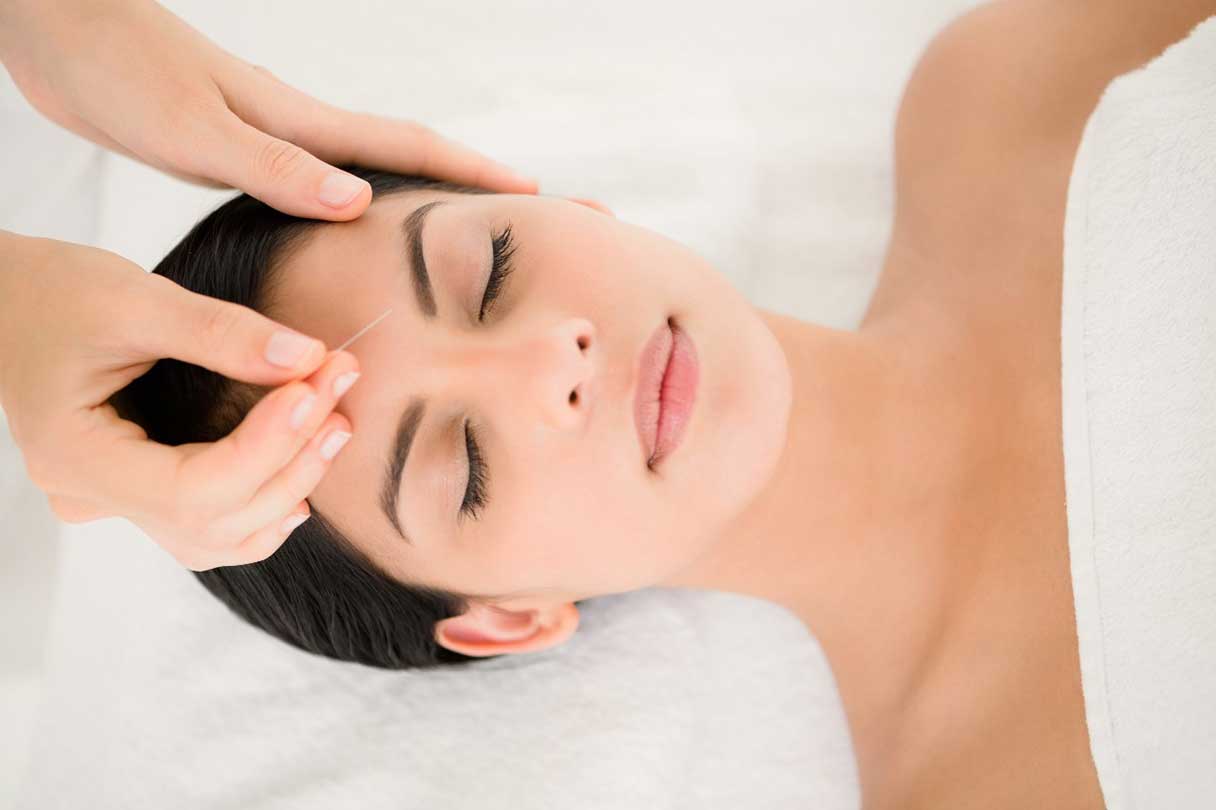For people with recurring pain and discomfort, acupuncture — a type of traditional Chinese medicine — may provide relief. People all around the world use acupuncture to help manage or relieve pain, including over 3 million Americans.1
So, what is acupuncture and when can it be beneficial? Here's what you should know about the potential health benefits of acupuncture.
What is acupuncture?1
Acupuncture is a minimally invasive approach to treating pain and a variety of health issues. Its basic premise is that the body's energy is out of balance and the acupuncture treatments can restore and rebalance that energy, promoting healing, relaxation, and pain relief. More than 3 million Americans today use acupuncture to treat and manage their symptoms.1
How does acupuncture work?2
Acupuncture treatments release the flow of the body's energy or "chi" by stimulating specific points along various energy pathways in the body. During acupuncture, between 6 and 20 tiny, thin needles are inserted into specific trigger points on the body.
The punctures are small enough so they may only cause minor, momentary discomfort, yet strong enough to send a signal to the body. The needles stimulate the skin's surface, promoting circulation, wound healing and pain management. It's also believed that acupuncture needles cause the body to release endorphins that act as natural painkillers.
The needles are left in the acupuncture points for about 10 to 20 minutes. In some cases, acupuncturists apply manual pressure or twist the needles after they're inserted into the skin for added impact. For best results, many people receive a series of six to eight acupuncture treatments, depending on the condition being treated.
During your initial appointment, the acupuncturist or practitioner will discuss your health history, current symptoms and conditions. He or she will also examine your complexion, tongue and pulse, since those areas are considered to reflect the overall health of your organ systems.
What does acupuncture treat?3
Acupuncture is primarily used to relieve discomfort associated with a variety of diseases and conditions, including:
- Allergies
- Arthritis and osteoarthritis
- Back pain
- Chemotherapy-induced and postoperative nausea and vomiting
- Dental pain after a tooth extraction or dental surgery
- Headaches, including sinus, tension and migraine headaches
- Menstrual cramps
- Neck pain
In addition, acupuncture is used to treat and manage the following conditions:
- Depression and stress management
- Fertility issues — when used in conjunction with traditional fertility treatments, acupuncture helps boost blood flow, balance hormones and relieve stress
- Insomnia
- Weight loss — as a supplement to an existing weight loss program
Are there side effects to acupuncture?2
Since acupuncture needles are so small and thin, most people report no pain or very little pain when they're inserted. Some people feel a slight sting as the needles are inserted and/or temporary soreness immediately following treatment. While rare, some experience pain and slight bleeding from acupuncture. Most people say they feel energized or relaxed after an acupuncture treatment.
What are the health benefits of acupuncture?
Acupuncture can be useful in treating pain — and improving the quality of life for people with chronic pain by easing or eliminating their symptoms.4 Acupuncture may also provide relief when it's used as a supplement to other types of therapy, such as massage. Keep in mind that acupuncture treatments should only be done by licensed, certified acupuncturists using sterile, disposable needles.2
If you're experiencing health issues that aren't responding to traditional treatments, or you're interested in trying acupuncture, it's a good idea to talk to your doctor first to discuss if acupuncture may be right for you.
The CareCredit credit card is an easy way to pay for doctor visits as well as acupuncturists, chiropractors and other specialists.* Use the Acceptance Locator or download the CareCredit Mobile App to find a provider near you that accepts CareCredit.







